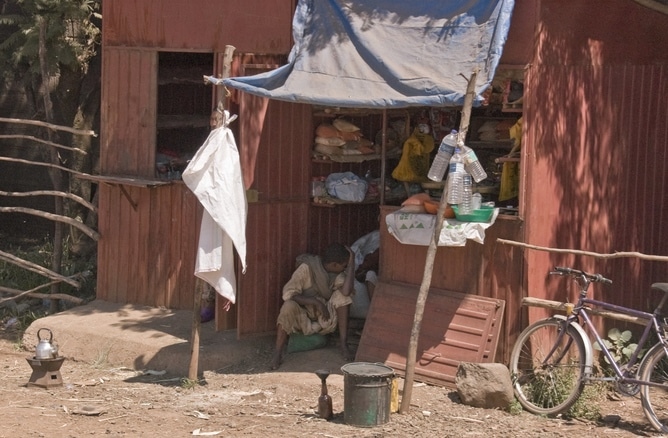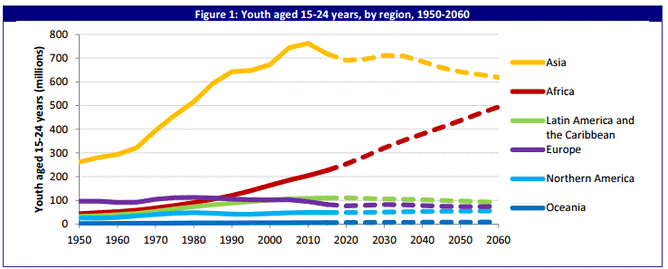Micro-businesses May Not Solve Africa’s Macro Problems
People leave Africa for a number of different reasons. Persecution, compulsory military service, war, and turmoil are the headline causes. However, just as important are the lack of opportunities for employment for young people and poor welfare conditions.
Unfortunately, an approach defined at the summit of EU and African leaders in Malta does not focus enough on tackling these root causes of the current rates of migration into Europe from Africa – it merely treats some of the symptoms.







